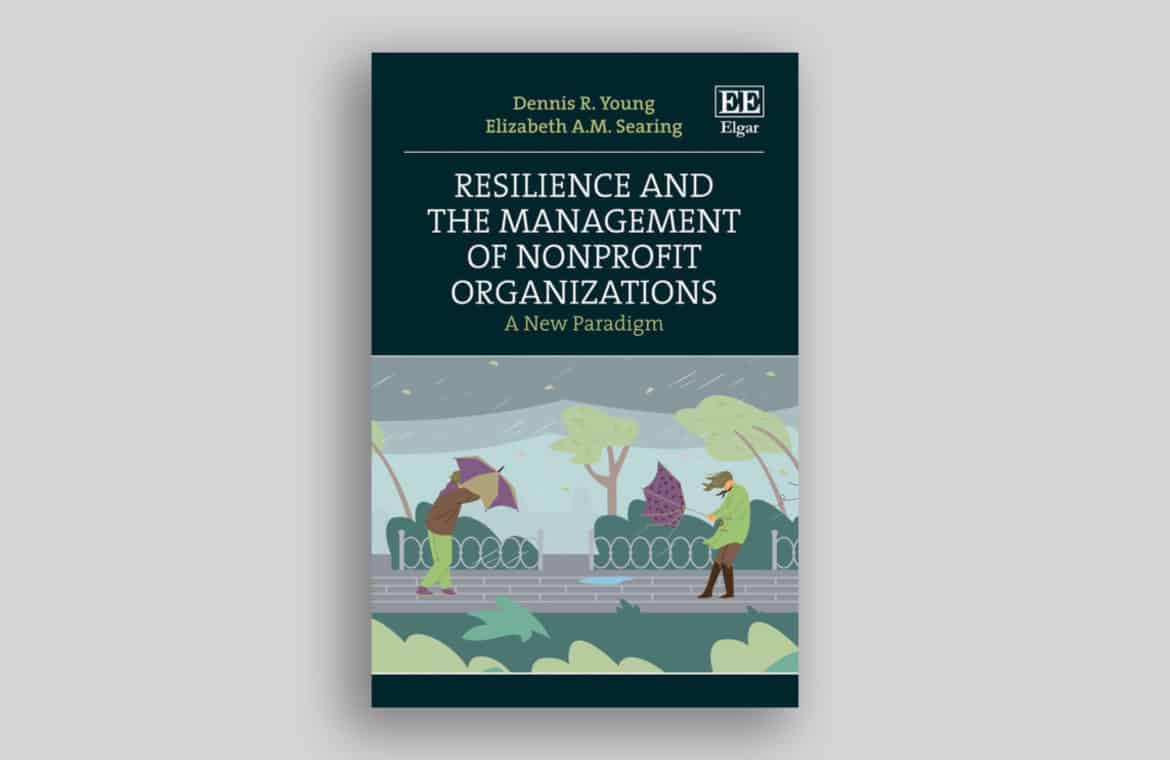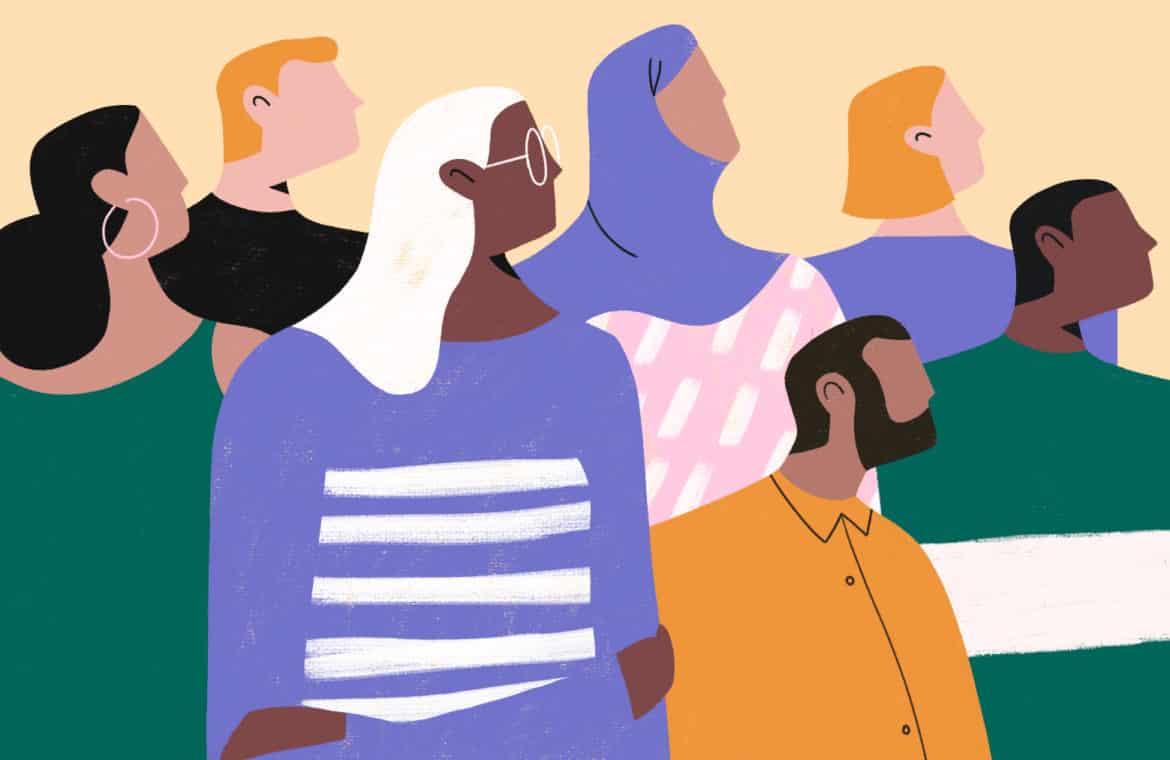The case for integrating tech considerations into strategic planning
Very few Canadian non-profits incorporate technology considerations into their strategic planning processes. In the view of Katie Gibson and Marc-André Delorme, this is a missed opportunity to build an organization’s digital resilience.






